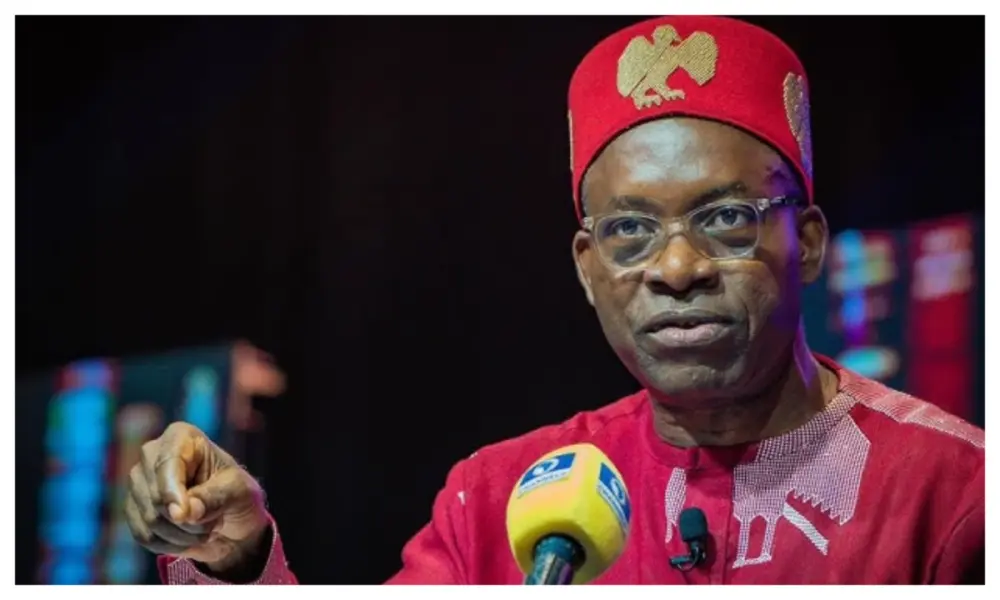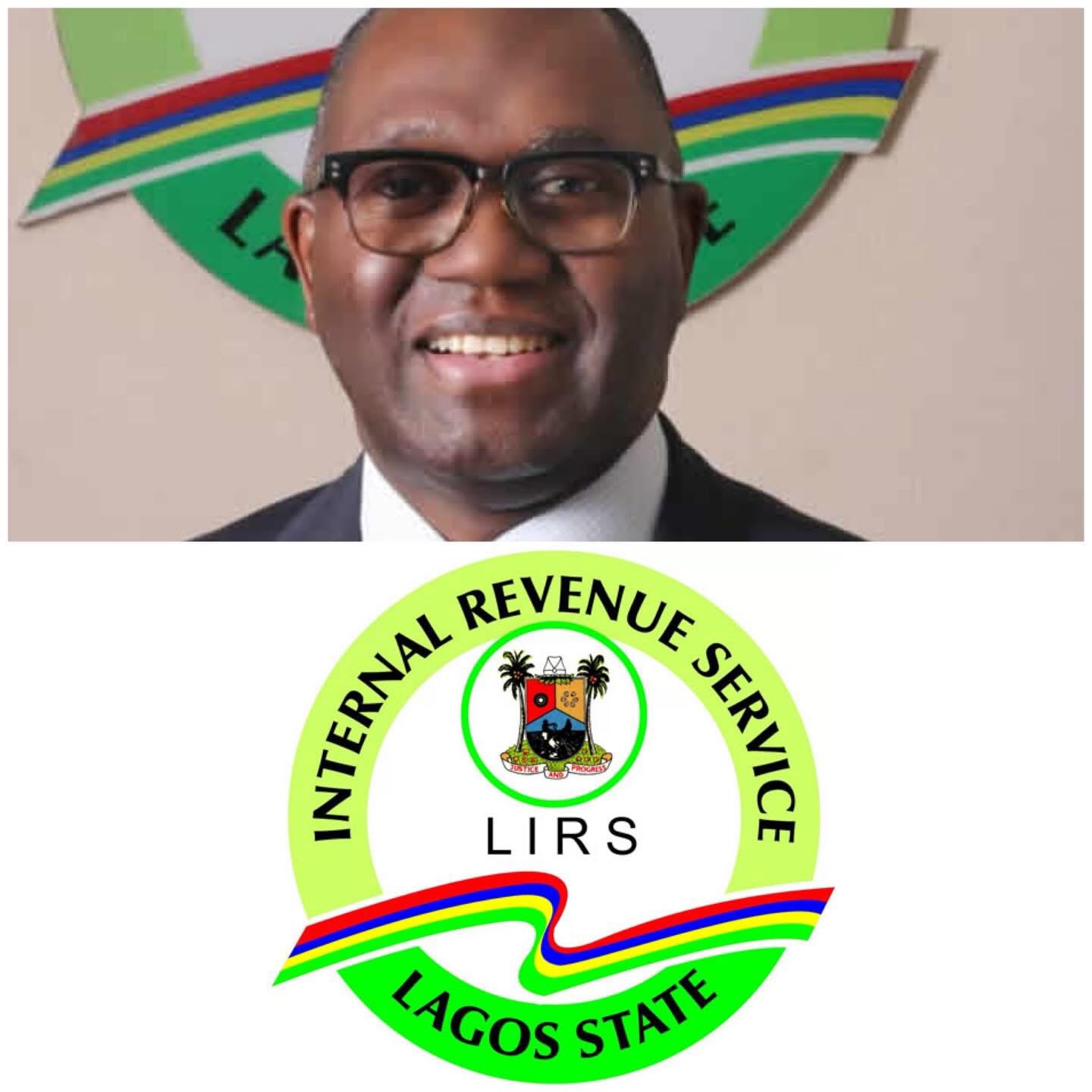- Abia State Governor Alex Otti signed the Abia State Electricity Bill into law, marking the beginning of enhanced energy regulation, investment protection, and power expansion in the state.
- The bill prioritises renewable energy, establishes ASERA, and supports expanding the power grid to more LGAs.
Governor Alex Otti of Abia State has signed the Abia State Electricity Bill into law, marking a new era in energy regulation, investment protection, and power expansion within the state.
Speaking after the signing yesterday in Nvosi, Isiala Ngwa South Local Government Area, Governor Otti explained that the bill, which originated from the Executive, was quickly but thoroughly passed by the Abia House of Assembly.
“This law will protect the investments made by Aba Power and give the government the authority to regulate,” Otti said. “It is a law that will stand the test of time, safeguarding both current and future investors in the energy sector.”
The Governor highlighted that the bill benefited from the expertise of 15 international power experts from the United States, Canada, Southeast Asia, and Europe, who contributed their knowledge pro bono. He also noted that the state engaged the Nigerian law firm Banwo & Ighodalo to refine the legal framework before the bill became law.
Abia State’s electricity framework is unique, with a ring-fenced power system covering the Local Government Areas of Aba South, Aba North, Osisioma, Obingwa, Ugwunagbo, Ukwa East, Ukwa West, Isiala Ngwa South, and Isiala Ngwa North. The state’s integrated power initiative, led by Aba Power Ltd., covers generation, transmission, and distribution. It has been under development for two decades.
The Governor stated that the initiative is now a model for power infrastructure in Nigeria. With the new law, Otti said the government had begun efforts to extend the Umuahia Ring-Fence to include the remaining eight LGAs, ensuring stable electricity across the state.
The legislation also prioritises renewable energy, positioning Abia as a leader in sustainable power initiatives. Otti revealed that discussions with Geometric Power, the parent company of Aba Power Ltd., are ongoing to expand electricity distribution beyond Aba.
Plans are also in place to establish the Abia State Electricity Regulatory Authority (ASERA), which will help maintain efficiency and create a welcoming environment for investors.
Governor Otti commended the 8th Abia State House of Assembly for its thorough review and timely passage of the bill.

























